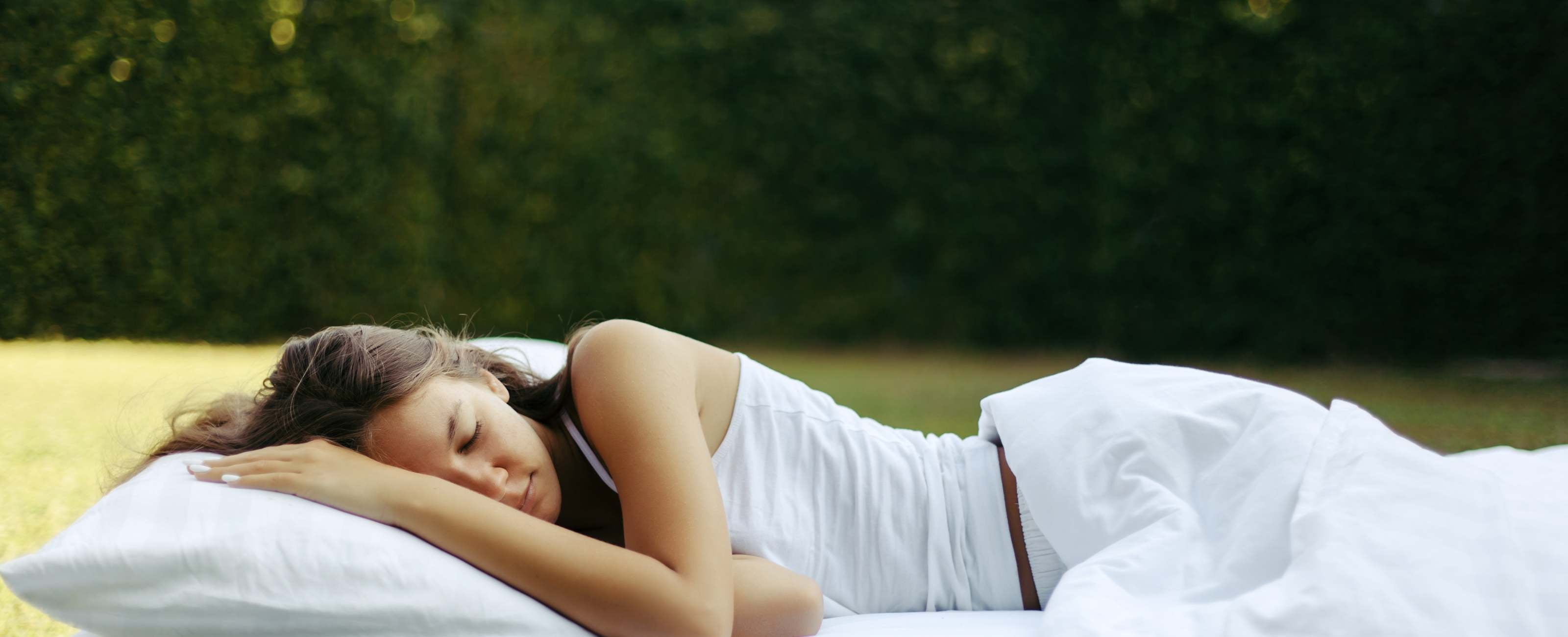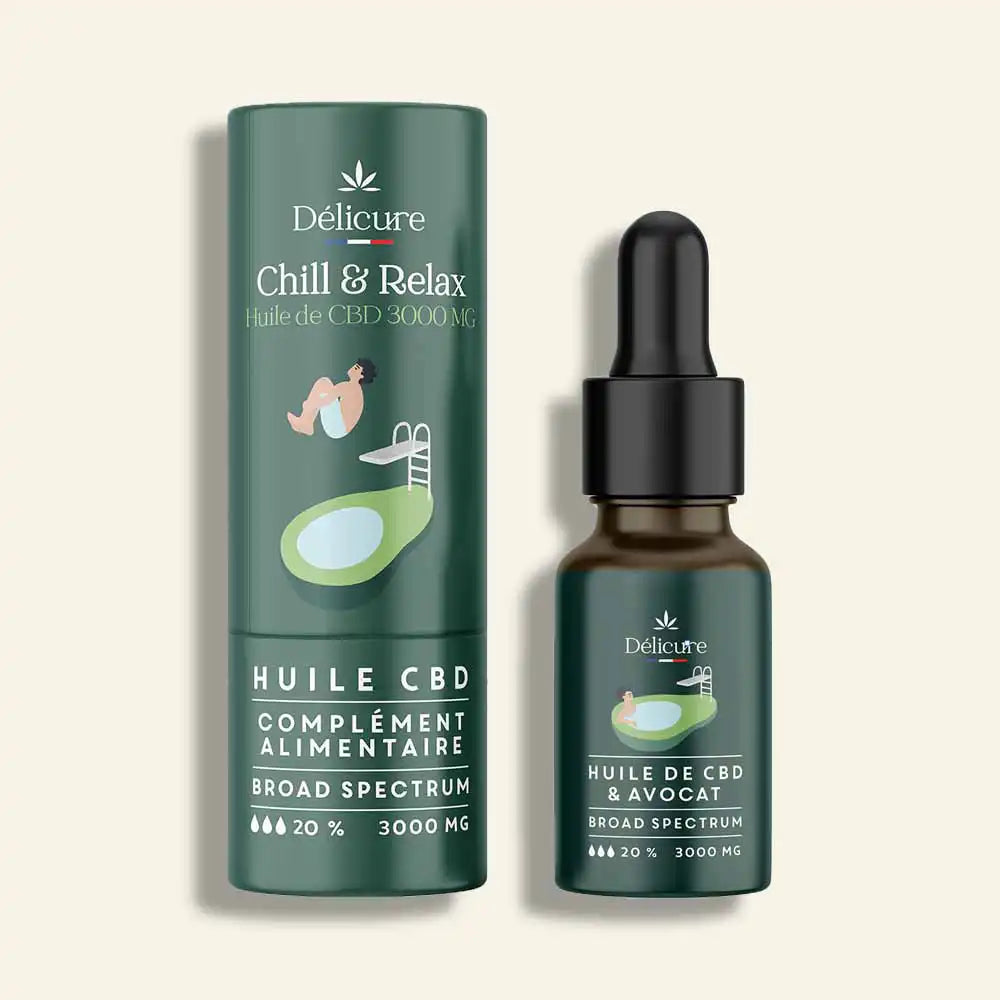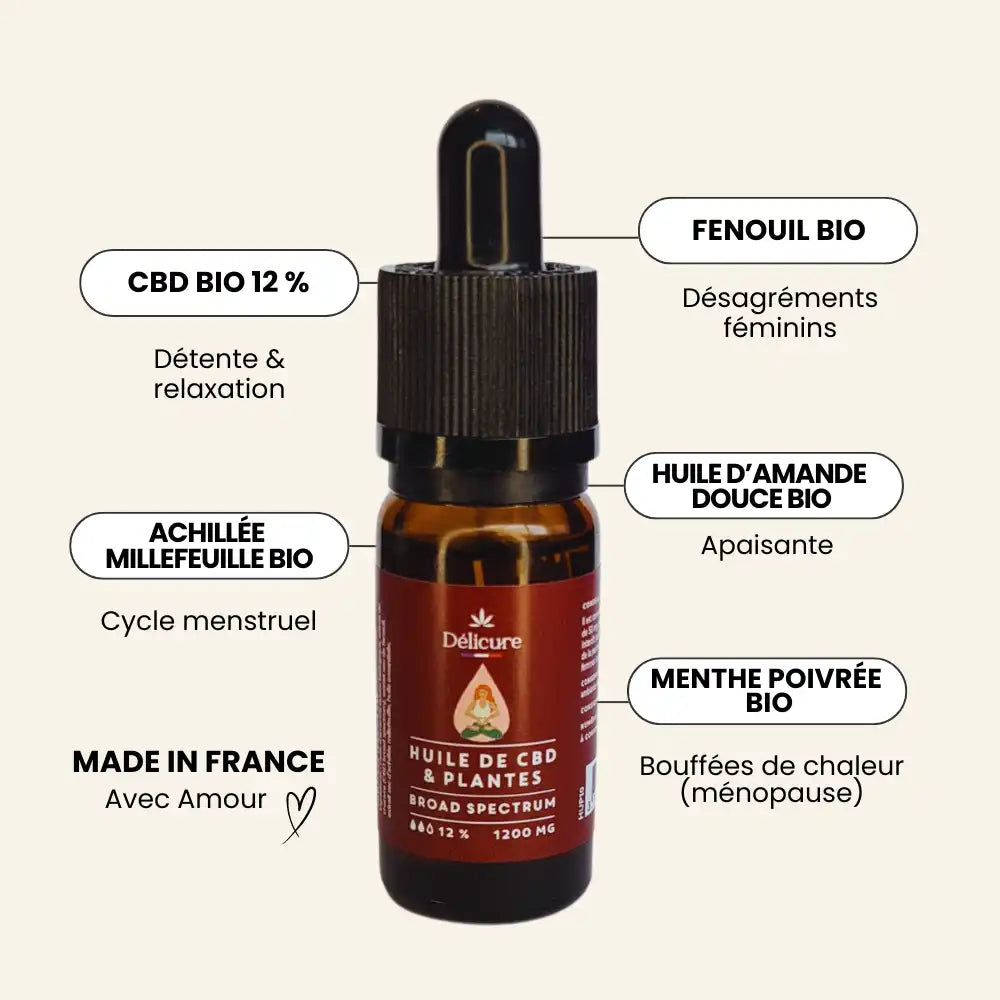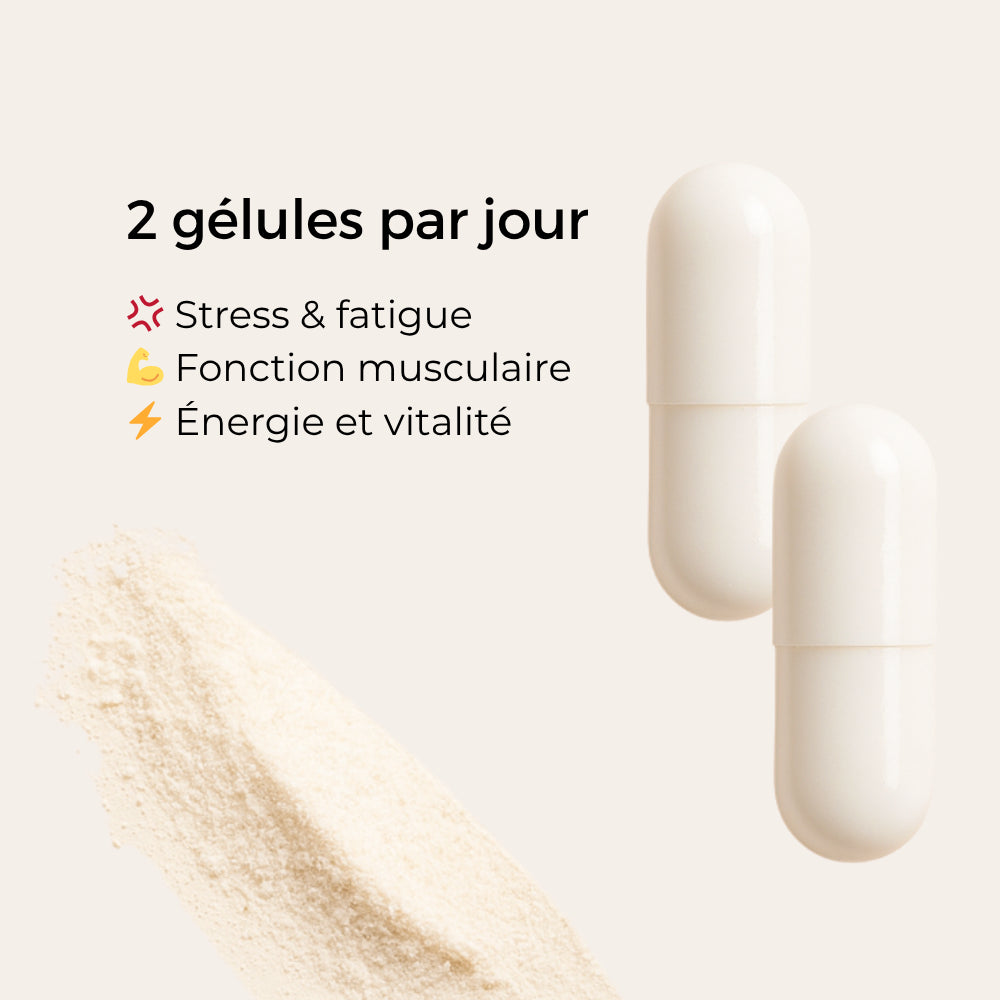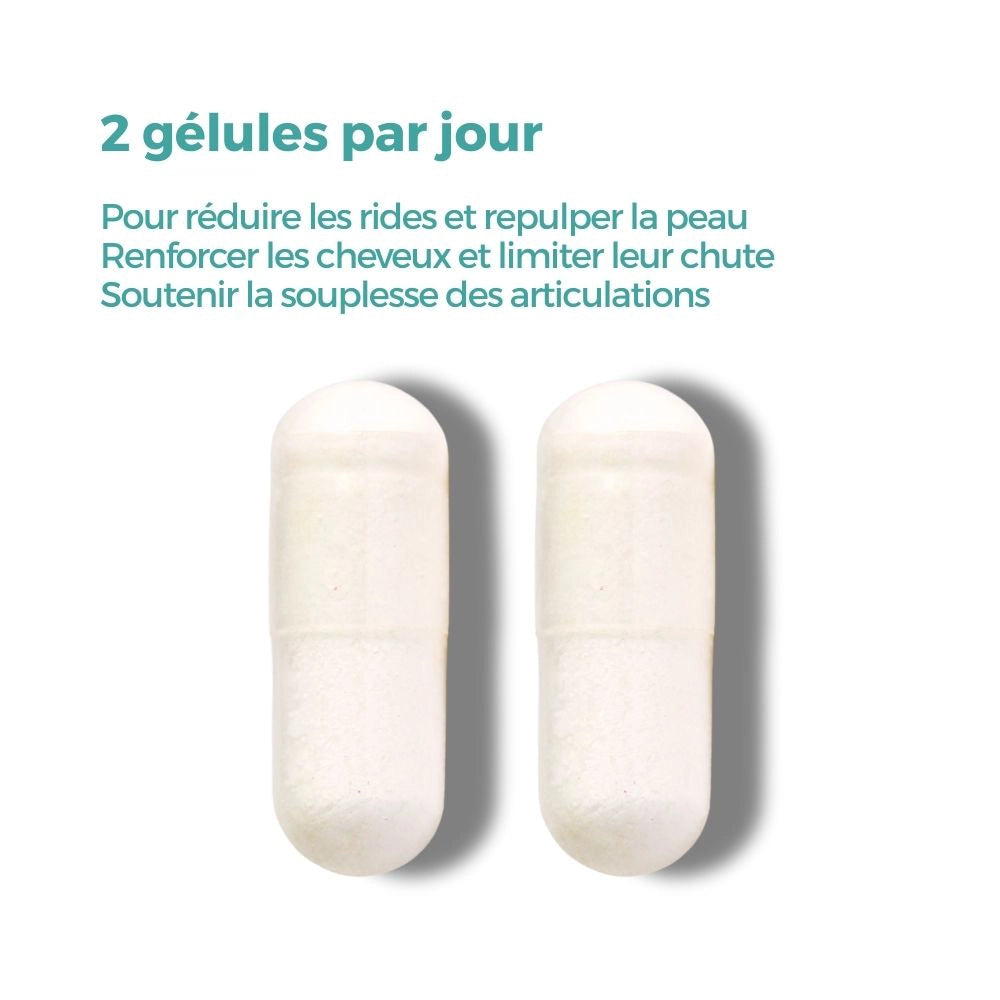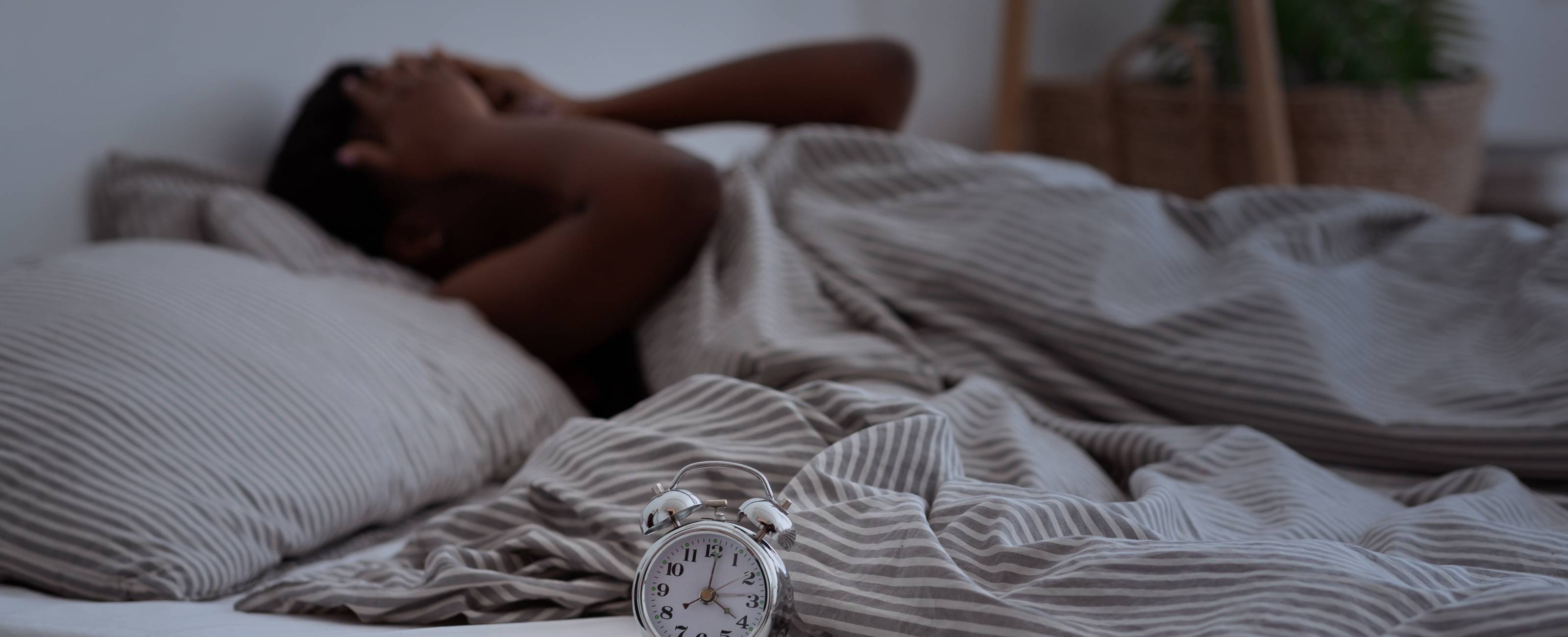
Understanding sleep apnea
In an age where sleep is often overlooked, we felt it was necessary to learn more about a little-known but common sleep disorder: apnea. This phenomenon, more accurately called sleep apnea syndrome, can have serious health consequences if left untreated. In this article, we will define this disorder, examine its possible causes and symptoms, discuss its impact on health, and finally present appropriate treatments.
Sleep apnea: what is it?
Have you ever been woken up by loud, irregular snoring noises? You may have obstructive sleep apnea. This breathing disorder is characterized by frequent interruptions in breathing during sleep, leading to a decrease in blood oxygenation. The person suffering from this syndrome may not be aware of these apneas.
These interruptions can last from a few moments to several minutes and can occur up to thirty or more times each night. These pauses are usually followed by a loud snoring noise or choking as the person tries to catch his or her breath.
There are three main forms of sleep apnea : obstructive apnea, central apnea and mixed apnea.
- Obstructive sleep apnea results from a physical obstruction of the airway.
- Central apnea results from a dysfunction in the central nervous system that regulates breathing.
- Mixed apnea combines the two previous forms.
The most common sign is loud snoring, but not all snorers have sleep apnea syndrome.
It is important to emphasize that this is not just a snoring problem. It is actually a serious medical condition that can have adverse health consequences if not treated properly, such as high blood pressure, heart disease, diabetes, depression, and stroke.
Possible causes
Physical factors
Sleep apnea can be caused by several physical factors. Obesity, as a major risk, is one of them. Excess weight can cause obstruction of the airways during nighttime rest. In addition, hypertrophy of the tonsils or nasal deformation can also cause this health disorder. The use of certain sedative medications can promote apnea by relaxing the muscles located in the throat.
Behavioral risks
In addition to physical factors, certain habits can increase the risk of sleep apnea. Smoking and excessive alcohol consumption are two harmful practices that can cause or exacerbate this pathology. Patients who smoke are three times more likely than those who do not smoke to be affected by sleep apnea syndrome, due to the inflammation and water retention in the upper airways that they induce. Regarding alcohol, it relaxes the throat muscles and could thus partially or completely obstruct these airways during nighttime rest.
Detection and symptoms
Observe the signs
Sleep apnea often manifests itself through symptoms that can be observed at home. Loud, regular snoring, punctuated by pauses in breathing followed by a sudden restart, is typical. The affected person may wake up with a start, feeling choked or suffocated. Patients may also experience excessive daytime sleepiness, morning headaches, daytime sleepiness, difficulty concentrating, and even irritability.
Health consequences
If left untreated, sleep apnea can lead to long-term health problems. Patients with undiagnosed sleep apnea syndrome are at increased risk of developing complications such as heart disease, high blood pressure, heart rhythm disturbances, heart failure, type 2 diabetes, and stroke.
Additionally, daytime sleepiness can reduce quality of life, increase the risk of traffic and workplace accidents, and cause relationship problems.

Diagnosis and treatment
To confirm the diagnosis of sleep apnea, it is necessary to consult a sleep specialist. The diagnosis is often made using polysomnography, a test performed overnight in a sleep laboratory. This test records various bodily functions during sleep, such as the electrical activity of the brain, eye movements, blood pressure, heart rate, blood oxygen saturation, and breathing and muscle movements.
Treatment for sleep apnea can vary depending on the severity of the disorder and individual symptoms. Treatment options include:
- Lifestyle changes : Losing weight, avoiding alcohol and sedatives, quitting smoking, and sleeping on your side can help reduce sleep apnea symptoms. CBD gummies or oils can promote relaxation and therefore help with these changes.
- Continuous positive airway pressure (CPAP) machines : The most common treatment for moderate to severe obstructive sleep apnea involves the use of a CPAP machine, which keeps the airway open by providing a constant flow of air through a mask worn during sleep.
- Oral appliances : Designed to hold the jaw forward and prevent the tongue from blocking the throat, these devices may be an option for mild to moderate cases of sleep apnea.
- Surgical procedures : In some cases, surgery may be necessary to remove obstructing tissue, correct deviated nasal septum, or other procedures to widen the airway.
- Nerve stimulation therapy : For severe cases of sleep apnea, a recent option involves stimulating the nerve that controls the tongue and upper airway muscles to keep the airways open.
To summarize:
Here is a table summarizing the main information contained in this article:
| Section | Summary |
|---|---|
| Definition | Sleep apnea is a breathing disorder characterized by frequent interruptions in breathing during sleep, leading to decreased blood oxygenation. |
| Types | - Obstructive apnea: physical obstruction of the airways. - Central apnea: dysfunction of the nervous system. - Mixed apnea: combination of the two. |
| Symptoms | Loud and irregular snoring, pauses in breathing, waking up with a start, daytime sleepiness, morning headaches, difficulty concentrating and irritability. |
| Physical causes | Obesity, enlarged tonsils, nasal deformation, use of sedatives. |
| Behavioral causes | Smoking, alcohol consumption. |
| Health consequences | High blood pressure, heart disease, type 2 diabetes, stroke, daytime sleepiness leading to risk of accidents. |
| Diagnosis | Polysomnography performed in a sleep laboratory to record various bodily functions during the night. |
| Treatments |
- Lifestyle changes: weight loss, avoiding alcohol and sedatives, quitting smoking, sleeping on your side. - CPAP, oral appliances, surgery, nerve stimulation therapy. |
It is therefore essential to learn to recognize the symptoms of sleep apnea and to consult a doctor for a diagnosis and appropriate treatment. Patients should be aware of the importance of good sleep and risks associated with untreated sleep disorders. With the right information and medical support, patients can significantly improve their quality of life and reduce the risks of heart complications and other associated health conditions.
By being aware of this syndrome and acting quickly on the symptoms, we can all learn to better manage this disorder and enjoy more restful nights and better health during the day.





